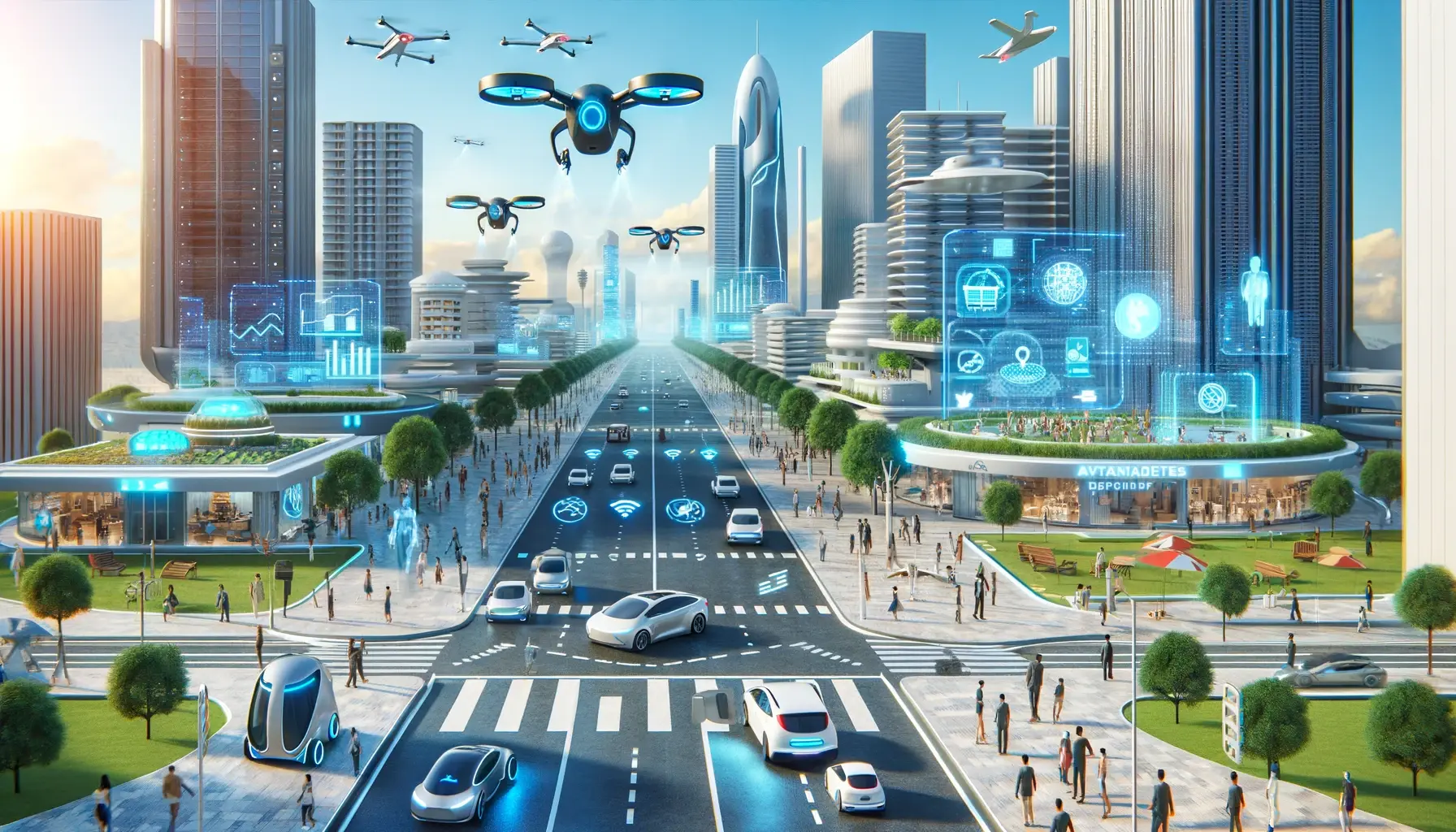The year 2023 was a landmark year in the field of artificial intelligence (AI). It witnessed remarkable advancements and innovations that not only pushed the boundaries of technology but also reshaped our interaction with digital systems. As we step into 2024, it’s worth reflecting on the past year’s achievements and speculating on what the future holds for AI.
Key Highlights of 2023
Breakthroughs in Language Models
- GPT-4 Release: OpenAI released GPT-4, an even more powerful version of its predecessor, GPT-3. This model showcased enhanced understanding and generation of human-like text, setting a new standard in natural language processing.
- Multimodal AI Systems: We saw the rise of AI models capable of understanding and generating not just text, but also images and audio. These multimodal systems are paving the way for more intuitive and interactive AI experiences.
Expansion in AI Accessibility
- AI for Everyone: There was a significant push to make AI more accessible to non-technical users. Tools like no-code AI platforms allowed individuals and small businesses to harness the power of AI without needing a background in programming.
- Open-Source AI Projects: The growth of open-source AI projects, such as AutoGPT, demonstrated the community’s commitment to making AI technology more collaborative and inclusive.
Ethical AI and Governance
- Focus on Ethics: With the increasing deployment of AI, 2023 saw a heightened focus on ethical AI practices. This included efforts to address bias in AI algorithms and ensure privacy and security in AI applications.
- Regulatory Developments: Governments and international bodies began implementing policies and guidelines to govern the use of AI, aiming to strike a balance between innovation and ethical considerations.
Predictions for AI in 2024
As we look ahead, several trends and developments are likely to shape the AI landscape in 2024:
Advancements in AI Efficiency
- Energy-Efficient Models: There will be a growing emphasis on developing AI models that are not only powerful but also energy-efficient, reducing the environmental impact of large-scale AI operations.
AI in Healthcare
- AI-Driven Diagnostics: AI’s role in healthcare is expected to expand, with more sophisticated models being used for diagnostics, personalized medicine, and patient care management.
AI-Enabled Creativity
- Creative AI Applications: We anticipate seeing more AI tools aimed at enhancing human creativity, aiding in fields like music composition, art, and design.
Integration of AI in Everyday Life
- Smarter AI Assistants: AI assistants are likely to become more integrated into our daily lives, offering more personalized and context-aware interactions.
- AI in Education: Tailored educational experiences powered by AI will become more prevalent, offering personalized learning paths for students.
Challenges and Opportunities
- Addressing AI Ethics: The challenge of ensuring ethical AI will continue, requiring ongoing efforts to address bias, privacy, and security issues.
- Bridging the AI Talent Gap: With the rapid growth of AI, there will be a greater need for skilled professionals in this field, highlighting the importance of AI education and training.
Conclusion
The year 2023 was a testament to the rapid progress of AI, and 2024 promises to build on these advancements, bringing AI closer to our everyday experiences. As we navigate the evolving landscape of AI, the focus will likely remain on harnessing its potential responsibly and ethically, ensuring that AI continues to benefit society as a whole.
Stay updated with the latest in AI technology’s developments by following our tech blog!



